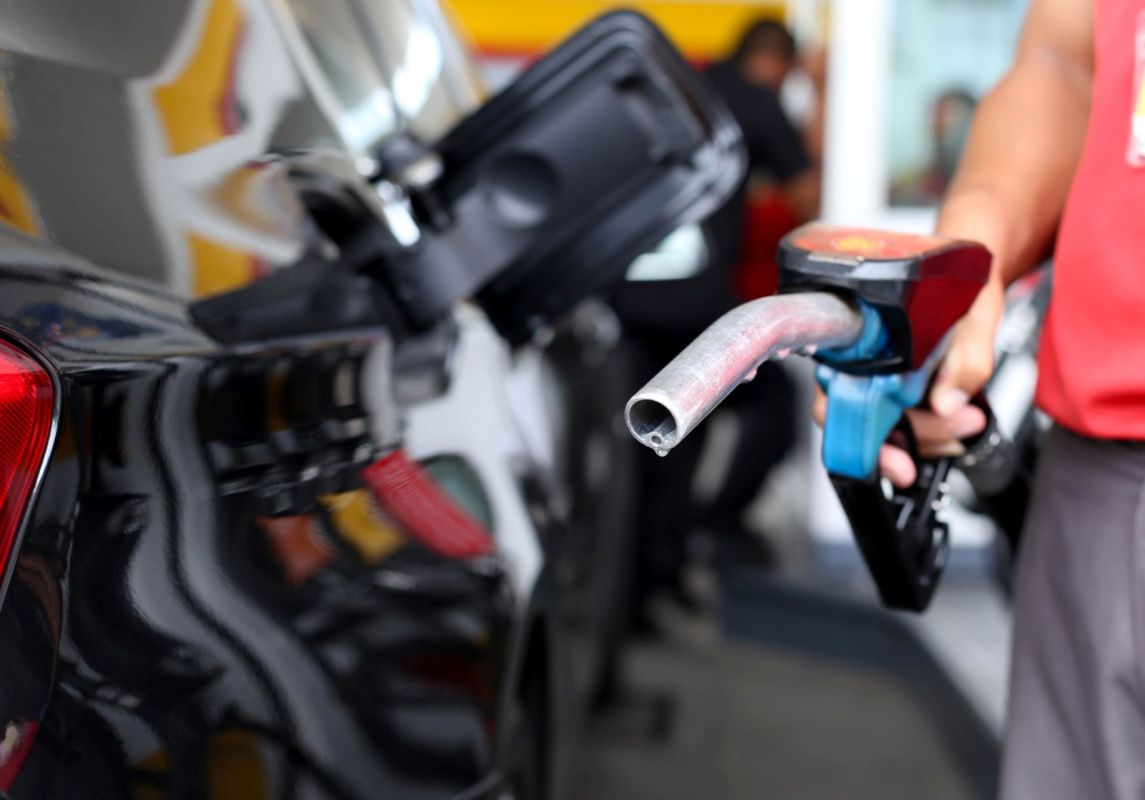A map published by Yale Climate Connections sought to answer the question of whether charging an electric vehicle is still more cost-effective than fueling a car with gasoline.
"Is it still cheaper to fill up a car on electrons rather than gasoline? The answer is yes — by a lot," Karin Kirk wrote for the website.
Even though gas prices had trended slightly downward, the electricity that powers EVs remains significantly cheaper. While gas averaged $3.15 per gallon, according to AAA (as of the writing of this article), the cost of charging an EV by the amount equivalent to one gallon of gas is as low as $0.98 in Louisiana and as high as $2.59 in California, according to the map.
How cheap does gas have to be before it's as cheap as charging an EV? (Via @CC_Yale) https://t.co/iQSQvn7x72 pic.twitter.com/rfpMAU4sHo
— grist (@grist) January 11, 2024
The national average per eGallon is $1.41, less than half the national average cost of a gallon of gasoline — which, in addition to being more expensive, also pollutes the air and contributes to the overheating of our planet.
The only state in which charging an EV costs more than $3 per eGallon is Hawai'i, where it costs $3.59. However, gas is also much more expensive there, averaging $4.68 per gallon, per AAA, meaning that EV charging is still much more cost effective.
Of course, the upfront cost of EV ownership is still higher than for many traditional gas-powered cars — especially since fewer EVs qualify for the electric vehicle tax credit in 2024. But that could change in the future, as several brands are seeking to produce more affordable EVs.
These include a model that Volkswagen says it will sell for $27,000; the Hyundai IONIQ 2, which is expected to go for around $21,700; and the Fiat Citroën e-C3, also expected to go for $27,000.
The Kia EV5 is expected to go for $22,000 but will not be available to U.S. customers.
And though brands such as Tesla and Ford remain on the expensive side, prices for EVs dropped across the board in 2023.
The article in Yale Climate Connections also rightly pointed out that the most cost-effective and least polluting way to get around is still by foot, bike, or public transit. But if you live in one of the many areas of the United States where you need a car to travel effectively, it has become clear that electric vehicles are the best option.
Join our free newsletter for weekly updates on the coolest innovations improving our lives and saving our planet.









